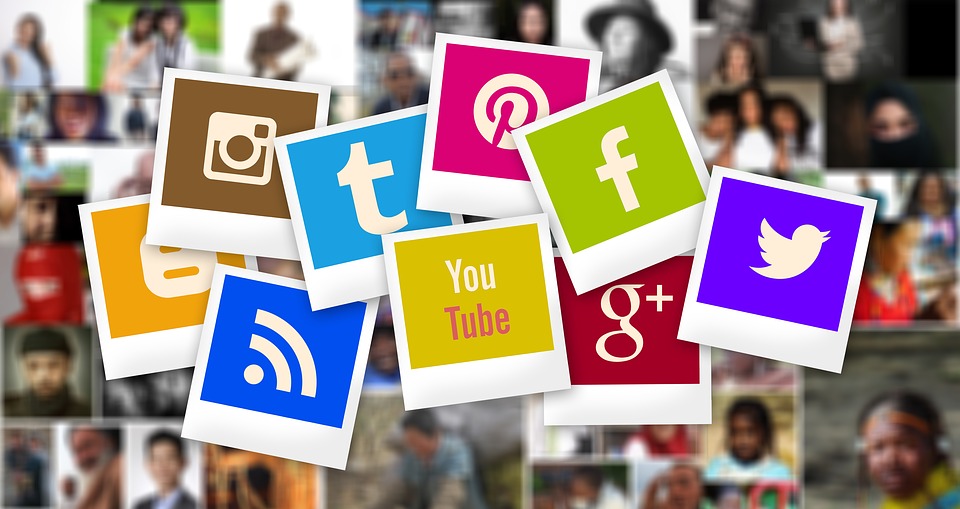When To Let Go Of An Internet Catchphrase!
Internet catchphrases have become a big part of popular culture in the past ten years or so, especially since the rise of social media. However, just like any other kind of slang or in-joke, using them after they have had their day in the sun can very easily make you look like an out of touch parent or teacher trying to be ‘down with the kids’!
While that can be a bit embarrassing in normal life, it can be far worse when you have used a passé phrase in the marketing for your business or on your blog, so you really need to be able to tell when something is ‘over’ if you want to be able to incorporate trending jokes into how your brand engages with people.
Higher Turnover of Memes and Catchphrases Than Ever Before
The rate at which online jokes, catchphrases, and references get old has increased dramatically over the past few years. While perhaps in 2014 you might have a good few months to a year of mileage out of a phrase before it started to sound outdated and lame, now, some things lose their cool status after just weeks or even days. This means that if you want to use trending jokes and references in your marketing, it is best to do so only in things that expire themselves, and definitely not in things that will take weeks or months to produce. Use current catchphrases or memes in tweets or topical blog posts, for sure, but do not plan to use them in longer running strategies.
Catchphrases That Ascend The Usual Trend Lifecycle
Sometimes, however, online jokes you would expect to get old actually don’t, and instead become an accepted part of online culture. If you take a look at this analysis of internet catchphrases from 2014-2015 on Lol Hit, for example, you will see that some of the phrases that were popular back then now sound dated, whereas others such as ‘trolling’ and ‘meh’ are things that are now pretty much just accepted ways of expressing certain sentiments. The same goes for memes. Some of them have a brief period of being relevant, whereas others are still being used in new ways years after they first appeared. If you find yourself consider using something that has already stood the test of time for at least a year, it may well be safe to use it in longer-term content than just new tweets and posts.
Who Is Using It?
You may find that something you want to use is still very much in use, but is still actually ‘over’. To establish this, you need to look at who is using it. The more mainstream and non ‘pop culture’ someone is, the more power they have to actively make a meme or phrase less fashionable – a good case in point is when a politician uses internet slang to try and appeal to millennials. This is always cringe-worthy and will kill any trending meme stone dead. Older celebrities can also have this effect.
As you can see, you have to be careful when trying to use fads and trends from internet culture, and if you don’t actually have your finger on the pulse of what is cool, it can often be best to just not!


